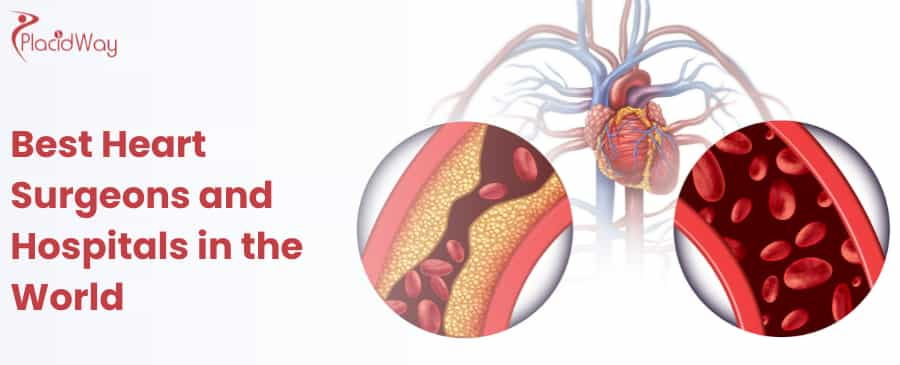
Finding the best heart surgeons in the world is a crucial decision for anyone facing a cardiac condition. With advancements in medical technology and the rise of medical tourism, patients now have access to leading cardiologists and cardiovascular surgeons across the globe. This guide will help you understand what to look for, explore top destinations like Turkey and Mexico, and provide insights into the costs and procedures involved in seeking world-class heart care.
Key Takeaways
-
Heart surgery and cardiology treatments are globally accessible through medical tourism, offering high-quality care at potentially lower costs.
-
Turkey and Mexico are prominent destinations for heart care, boasting experienced surgeons and advanced facilities.
-
Procedures range from coronary bypass surgery and heart valve repair/replacement to minimally invasive techniques and stem cell therapy.
-
Costs vary significantly by country and procedure, with significant savings possible compared to Western nations.
Best Heart Surgeons in the World
Patients worldwide seek specialized heart care abroad for access to highly skilled surgeons, advanced technology, and often more affordable treatment options.
Here are some of the highly-regarded heart surgeons and cardiologists in popular medical tourism destinations:
1. Dr. Yaman Zorlutuna
– Ankara, Turkey
Dr. Yaman Zorlutuna is a highly experienced cardiovascular surgeon in Ankara, Turkey, renowned for high success rates in coronary bypass and heart valve surgery, trusted by international patients. Why Choose Dr. Yaman Zorlutuna?
-
Expertise in cardiovascular and heart surgery.
-
Trusted by patients globally for complex heart conditions.
-
Part of the prestigious Bayindir Healthcare Group in Turkey.
2. Prof. Dr. Timur Timurkaynak
– Istanbul, Turkey
Professor Dr. Timur Timurkaynak is a highly respected doctor for heart treatments in Turkey, known for his advanced techniques in diagnosing and treating cardiovascular conditions. Why Choose Prof. Dr. Timur Timurkaynak?
-
Renowned for treating cardiovascular conditions with precision.
-
Part of the Bayindir Healthcare Group in Istanbul, one of Turkey’s leading hospitals.
-
Extensive international experience in heart care.
3. Dr. Jose M. Delgado
– Mexicali, Mexico
Dr. Jose M. Delgado is an experienced cardiologist at Family Hospital in Mexicali, Mexico, specializing in comprehensive and personalized diagnosis and treatment of heart diseases. Why Choose Dr. Jose M. Delgado?
-
Extensive experience in diagnosing and treating heart conditions.
-
Known for personalized and patient-centered care.
-
Located at Family Hospital, a trusted institution in Mexico.
4. Faruk Hökenek
– Istanbul, Turkey
Professor Dr. Faruk Hökenek is a distinguished cardiovascular surgeon in Istanbul, Turkey, specializing in complex coronary bypass and heart valve repair surgeries with surgical precision and compassionate care. Why Choose Dr. Faruk Hökenek?
-
Expertise in complex cardiovascular surgeries.
-
Renowned surgeon in Istanbul, a major medical hub.
-
Highly recommended for heart valve surgeries and coronary bypass.
5. Dr. Luis Q
– Tijuana, Mexico
Dr. Luis Q is a skilled cardiologist and cardiovascular surgeon in Tijuana, Mexico, trusted for his expertise in a wide range of heart conditions and advanced approach to heart disease management. Why Choose Dr. Luis Q?
-
Specializes in both cardiology and cardiovascular surgery.
-
Experienced in treating a variety of heart conditions.
-
Known for his advanced approach to heart disease management.
6. Dr. Maya Sadunishvili
– Tbilisi, Georgia
Dr. Maya Sadunishvili is a highly regarded cardiologist in Tbilisi, Georgia, with over 21 years of experience providing top-tier cardiology services. Why Choose Dr. Maya Sadunishvili?
-
Over two decades of experience in cardiology.
-
A top choice for patients seeking expert heart care in Georgia.
-
Excellent track record of patient satisfaction and care outcomes.
7. Dr. Shailesh Rohit
– Surat, India
Dr. Shailesh Rohit is an experienced interventional doctor for heart treatments in India, specializing in minimally invasive heart procedures and cutting-edge treatments for coronary artery disease and arrhythmias. Why Choose Dr. Shailesh Rohit?
-
Specializes in interventional cardiology and minimally invasive procedures.
-
Known for his precision in performing heart surgeries.
-
Highly regarded for his expertise in regenerative medicine.
8. Dr. Sertac Cicek
– Istanbul, Turkey
Dr. Sertac Cicek is a leading pediatric cardiologist in Istanbul, Turkey, with over 40 international publications, specializing in diagnosing and treating heart conditions in children. Why Choose Dr. Sertac Cicek?
-
Expertise in pediatric cardiology.
-
Over 40 published articles in international journals.
-
Trusted by families seeking specialized care for children with heart conditions.
9. Dr. Nikos Tsoukalis
– Tripoli, Greece
Dr. Nikos Tsoukalis is a highly skilled cardiologist in Tripoli, Greece, known for his comprehensive approach to patient care and dedication to heart health. Why Choose Dr. Nikos Tsoukalis?
-
Expertise in treating a wide range of cardiovascular conditions.
-
Known for his patient-centered approach to heart care.
-
Trusted cardiologist in Greece with significant experience.
10. Dr. Sokolov Nikolay
– Kyiv, Ukraine
Dr. Sokolov Nikolay is an experienced cardiologist and stem cell therapy expert in Kyiv, Ukraine, with over 35 years of experience specializing in anti-aging, preventive therapy, and regenerative heart treatments. Why Choose Dr. Sokolov Nikolay?
-
Expertise in both cardiovascular care and stem cell therapy.
-
Over three decades of experience in heart disease management.
-
Known for pioneering regenerative heart treatments.
Understanding Cardiovascular Disease: A Global Challenge
Cardiovascular disease (CVD) remains the leading cause of death worldwide, encompassing a range of conditions affecting the heart and blood vessels.
Cardiovascular disease includes conditions such as coronary artery disease (CAD), heart failure, heart valve diseases, arrhythmias, and congenital heart defects. These conditions often require specialized medical and surgical interventions.
Common risk factors for CVD include:
-
High blood pressure (hypertension)
-
High cholesterol (dyslipidemia)
-
Diabetes
-
Smoking
-
Obesity
-
Lack of physical activity
-
Unhealthy diet
-
Family history of heart disease
Symptoms can vary widely but often include chest pain (angina), shortness of breath, fatigue, swelling in the legs, and palpitations. Early diagnosis and intervention are crucial for effective management and improved outcomes.
Did you know? According to the World Health Organization, cardiovascular diseases are the leading cause of death globally, taking an estimated 17.9 million lives each year.
Types of Heart Procedures and Treatments
Modern cardiology offers a wide spectrum of treatments, from diagnostic procedures to complex open-heart surgeries and innovative minimally invasive techniques.
Diagnostic Procedures:
-
Electrocardiogram (ECG/EKG): Records the electrical activity of the heart.
-
Echocardiogram: Uses sound waves to create images of the heart's structure and function.
-
Cardiac MRI/CT Scan: Detailed imaging to visualize heart chambers, valves, and blood vessels.
-
Angiography: Involves injecting dye into blood vessels to visualize blockages or abnormalities, often followed by angioplasty or stenting.
Surgical Interventions:
-
Coronary Artery Bypass Grafting (CABG): Commonly known as bypass surgery, this procedure involves creating new pathways for blood flow to the heart, bypassing blocked or narrowed coronary arteries.
-
Heart Valve Repair or Replacement: Addresses diseased or damaged heart valves (e.g., aortic valve replacement, mitral valve repair), which can impair blood flow.
-
Aneurysm Repair: Surgical repair of weakened, bulging sections in the aorta or other major arteries.
-
Congenital Heart Defect Repair: Corrective surgeries for structural problems present from birth.
Minimally Invasive Procedures:
-
Angioplasty and Stenting: A catheter-based procedure to open narrowed or blocked coronary arteries using a balloon and often inserting a stent to keep the artery open.
-
Transcatheter Aortic Valve Implantation (TAVI/TAVR): A less invasive option for aortic valve replacement, performed via a catheter, often through a blood vessel in the leg.
-
Cardiac Ablation: Uses heat or cold energy to create tiny scars in the heart to block irregular electrical signals that cause arrhythmias.
-
Pacemaker and Defibrillator Implantation: Devices implanted to regulate heart rhythm.
Emerging and Advanced Therapies:
-
Stem Cell Therapy for Heart Conditions: Explored for regenerating damaged heart tissue, improving heart function post-heart attack, or managing heart failure. Still largely experimental for cardiac applications outside of clinical trials but offered by some specialized clinics.
-
Cardiac Rehabilitation: A crucial part of recovery for many heart conditions, involving supervised exercise, education on heart-healthy living, and counseling.
Expert Insight: "The landscape of cardiac care is rapidly evolving. While traditional open-heart surgeries remain vital, the increasing adoption of minimally invasive techniques means faster recovery times and reduced risks for many patients. We're also seeing exciting developments in regenerative medicine for heart repair." - Leading Cardiovascular Surgeon
Cost of Heart Surgery and Cardiology Treatments
The cost of heart procedures varies significantly depending on the country, the complexity of the surgery, the hospital's facilities, and the surgeon's fees.
Medical tourism often provides a more affordable alternative to Western countries, without compromising on quality. Here's an estimated cost comparison for common heart procedures:
Note on Costs: These figures are approximate and can vary based on the specific hospital, surgeon's expertise, length of hospital stay, required diagnostics, and post-operative care. Always obtain a detailed quote from the chosen clinic.
Choosing the Right Heart Surgeon and Clinic
Selecting the ideal heart surgeon and medical facility requires careful consideration of several key factors to ensure the best possible outcome.
-
Specialization and Expertise: Ensure the surgeon specializes in your specific heart condition (e.g., cardiovascular surgery for bypasses, interventional cardiology for stents, pediatric cardiology for children). Look for experience in the procedure you require.
-
Accreditation and Certifications: Verify that the hospital and surgeons are accredited by reputable international organizations (e.g., Joint Commission International - JCI) and that the surgeons hold relevant board certifications.
-
Success Rates and Outcomes: Inquire about the surgeon's and clinic's success rates for procedures similar to yours. While perfect outcomes are never guaranteed, high success rates reflect experience and quality.
-
Technology and Facilities: Choose a clinic equipped with state-of-the-art diagnostic and surgical technology, including advanced operating rooms, intensive care units (ICUs), and rehabilitation facilities.
-
Patient Testimonials and Reviews: Read reviews and testimonials from previous international patients to gain insight into their experiences with the surgeon, staff, and overall care.
-
Communication and Language Support: Ensure the medical team and support staff can communicate effectively in your language, or that translation services are readily available.
-
Comprehensive Care: Look for clinics that offer a holistic approach, including pre-operative assessments, the surgery itself, post-operative care, and rehabilitation.
-
Transparency in Pricing: A reputable clinic will provide a clear, itemized cost estimate covering all aspects of your treatment.
Did you know? The first successful human heart transplant was performed in 1967 by Dr. Christiaan Barnard in South Africa.
Preparation for Heart Surgery
Thorough preparation is vital for successful heart surgery, involving medical assessments, lifestyle adjustments, and logistical planning.
-
Medical Evaluation:
-
Comprehensive Diagnostics: This includes detailed cardiac imaging (echocardiogram, MRI, CT scans), blood tests, and stress tests to accurately diagnose your condition and plan the surgery.
-
Consultation with Cardiologist/Surgeon: Discuss the procedure, potential risks, benefits, and expected outcomes. Ask all your questions.
-
-
Medication Review: Provide a complete list of all medications, supplements, and herbal remedies you are taking. Your doctor will advise which ones to stop before surgery.
-
Lifestyle Adjustments:
-
Smoking Cessation: Crucial for better outcomes and faster recovery.
-
Diet and Nutrition: Follow a heart-healthy diet as advised by your doctor.
-
Physical Activity: Engage in moderate exercise if able, to improve your overall fitness.
-
Weight Management: If overweight, losing even a small amount can improve surgical outcomes.
-
-
Logistical Planning (for Medical Tourists):
-
Travel Documents: Ensure your passport is valid and check visa requirements for your destination country.
-
Accommodation: Arrange for comfortable accommodation for yourself and any accompanying family members.
-
Transportation: Plan travel to and from the clinic, especially for post-operative appointments.
-
Financial Arrangements: Confirm all payment details and currency exchange.
-
Support System: Arrange for a companion or family member to travel with you for support during your stay and recovery.
-
-
Mental and Emotional Preparation:
-
Information: Learn as much as you can about your condition and the surgery.
-
Stress Management: Practice relaxation techniques to manage anxiety.
-
Set Realistic Expectations: Understand that recovery takes time and effort.
-
Recovery and Aftercare Post-Heart Surgery
Recovery after heart surgery is a gradual process that requires patience, adherence to medical advice, and often, participation in a cardiac rehabilitation program.
Immediate Post-Operative Care:
-
Intensive Care Unit (ICU): Patients typically spend a few days in the ICU for close monitoring of vital signs, heart rhythm, and recovery from anesthesia.
-
Hospital Stay: Depending on the procedure (e.g., open-heart surgery vs. minimally invasive), hospital stays can range from a few days to a week or more.
-
Pain Management: Medications will be provided to manage post-surgical pain.
-
Early Mobilization: Patients are encouraged to get out of bed and walk short distances as soon as medically safe to prevent complications like blood clots.
Rehabilitation and Long-Term Recovery:
-
Cardiac Rehabilitation: This is a structured program of supervised exercise, education on heart-healthy living, and counseling. It's vital for improving physical fitness, reducing risk factors, and enhancing quality of life.
-
Medication Adherence: Strictly follow your doctor's instructions regarding prescribed medications for blood pressure, cholesterol, anti-coagulation, and other conditions.
-
Dietary Changes: Continue with a heart-healthy diet, focusing on whole foods, low sodium, and healthy fats.
-
Regular Follow-ups: Attend all scheduled appointments with your cardiologist and surgeon to monitor your recovery and heart health.
-
Activity Restrictions: Your surgeon will provide specific guidelines on lifting, driving, and returning to work. Gradual increase in activity is key.
-
Emotional Support: It's common to experience emotional ups and downs after major surgery. Seek support from family, friends, or a counselor if needed.
Expert Insight: "Cardiac rehabilitation is not just about physical recovery; it's about rebuilding your confidence and empowering you to take control of your heart health. It's a critical bridge between hospital discharge and a full return to an active life." - Cardiac Rehabilitation Specialist
Frequently Asked Questions about Heart Treatment
Q1: How long is the recovery period after open-heart surgery like CABG?
A1: The initial recovery period after open-heart surgery, such as Coronary Artery Bypass Grafting (CABG), typically involves a hospital stay of 5-7 days, followed by several weeks (4-8 weeks) of significant recovery at home. Full recovery and return to normal activities can take 2-3 months or even longer, depending on individual factors and adherence to rehabilitation programs.
Q2: What is the difference between a cardiologist and a cardiovascular surgeon?
A2: A cardiologist is a medical doctor who specializes in diagnosing and treating heart conditions using non-surgical methods, such as medication, lifestyle changes, and procedures like angioplasty or stenting. A cardiovascular surgeon is a specialized surgeon who performs heart surgery to correct structural problems of the heart, valves, and major blood vessels, including coronary bypass surgery and heart valve repair/replacement.
Q3: Is minimally invasive heart surgery as effective as open-heart surgery?
A3: For certain conditions, minimally invasive heart surgery can be as effective as traditional open-heart surgery. It often results in smaller incisions, less pain, reduced blood loss, and a faster recovery time. However, the choice between open and minimally invasive surgery depends on the specific heart condition, the patient's overall health, and the surgeon's expertise.
Q4: Will my health insurance cover heart surgery performed abroad?
A4: Most domestic health insurance policies or national healthcare systems typically do not cover heart surgery performed in other countries. It is crucial to check directly with your insurance provider about your specific policy's coverage for international medical procedures and any requirements for pre-authorization or specific accredited facilities.
Q5: What are the main risks associated with heart surgery?
A5: While heart surgery is generally safe, potential risks include infection, bleeding, blood clots, stroke, heart attack, arrhythmia, kidney problems, and complications from anesthesia. Your surgeon will discuss these risks with you based on your individual health profile and the specific procedure.
Q6: How can I prepare myself mentally for heart surgery?
A6: Mental preparation for heart surgery involves understanding the procedure, asking questions, and addressing any fears or anxieties with your medical team. Engaging in relaxation techniques, seeking support from family or support groups, and maintaining a positive outlook can also significantly aid in both the pre-operative and recovery phases.
Q7: Are there long-term lifestyle changes required after heart surgery?
A7: Yes, long-term lifestyle changes are crucial for maintaining heart health after surgery. These typically include adhering to a heart-healthy diet, regular physical activity as advised by your doctor, quitting smoking, managing stress, maintaining a healthy weight, and consistent adherence to prescribed medications and follow-up appointments.
Find Your Path to a Healthier Heart with PlacidWay
Choosing the right heart surgeon and destination for your cardiac treatment is one of the most important decisions you'll make for your health. At PlacidWay, we specialize in connecting patients with the best heart hospitals and top cardiologists and cardiovascular surgeons around the globe.
Whether you're seeking coronary artery bypass grafting in Turkey, heart valve replacement in Mexico, or advanced cardiology consultation in India, PlacidWay offers:
-
Access to World-Class Experts: We partner with internationally recognized surgeons and accredited clinics specializing in all areas of cardiac care.
-
Personalized Treatment Plans: Receive tailored recommendations based on your specific condition, preferences, and budget.
-
Transparent Cost Estimates: Get clear, upfront pricing to help you plan your medical journey without hidden fees.
-
Seamless Travel Coordination: Our dedicated team assists with medical record transfers, appointment scheduling, travel logistics, and accommodation, ensuring a smooth and stress-free experience.
-
Unbiased Information: We provide comprehensive details about procedures, recovery, and what to expect, empowering you to make informed decisions.
Don't let distance or cost be a barrier to receiving the best heart care. Take the first step towards a healthier heart.
Request a Free Consultation today and let PlacidWay guide you to the optimal heart treatment solution. Compare Quotes from Top Heart Surgeons and Clinics Worldwide!


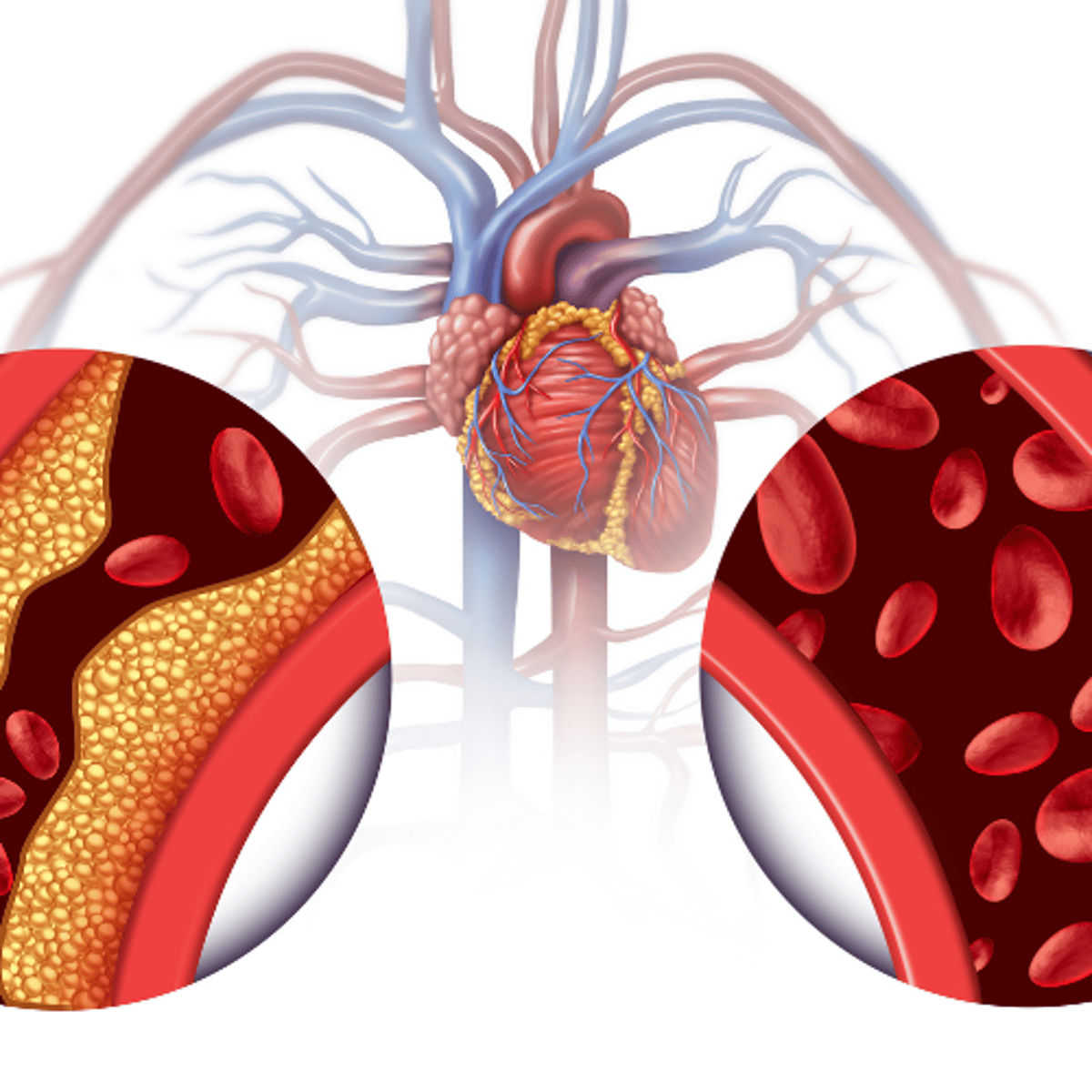
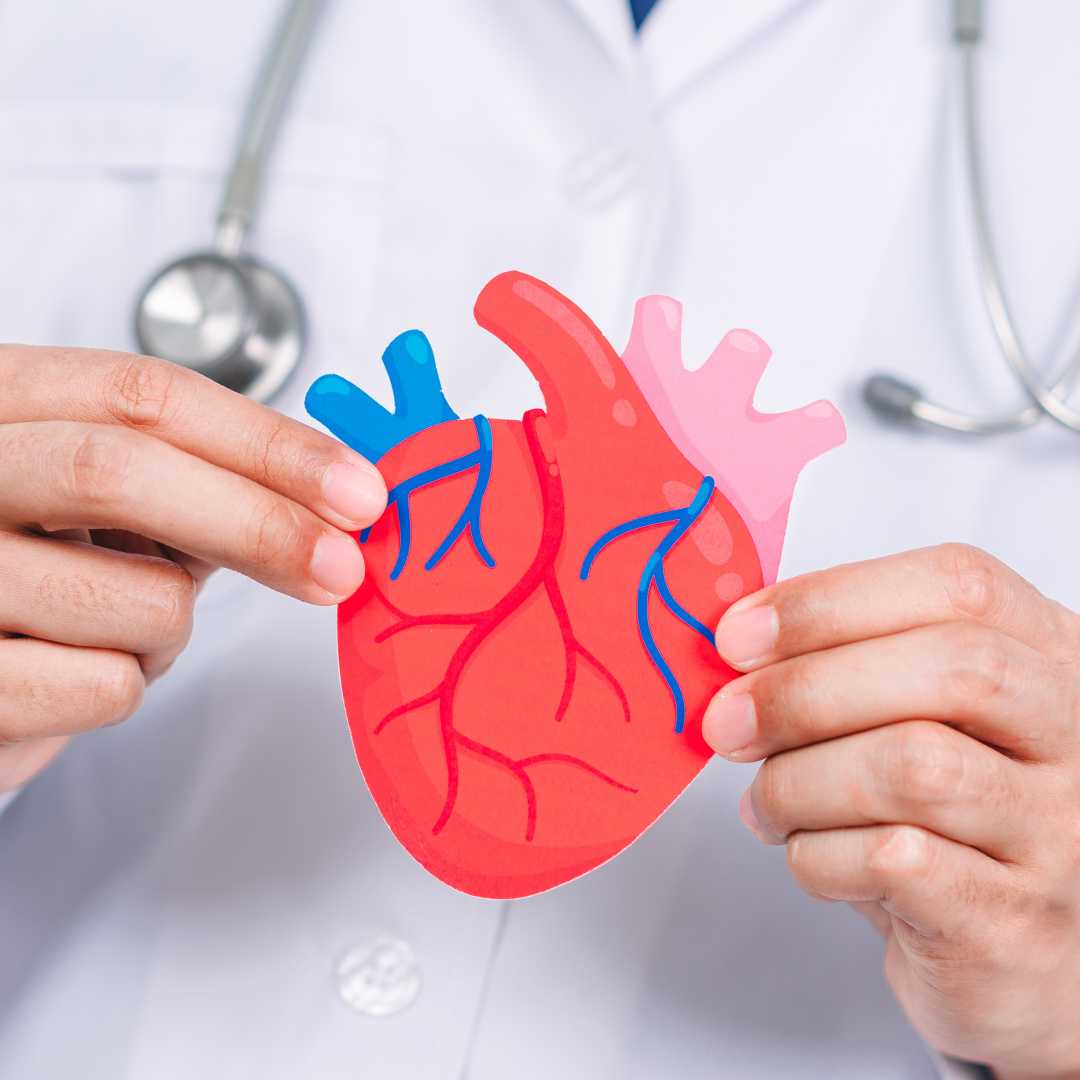








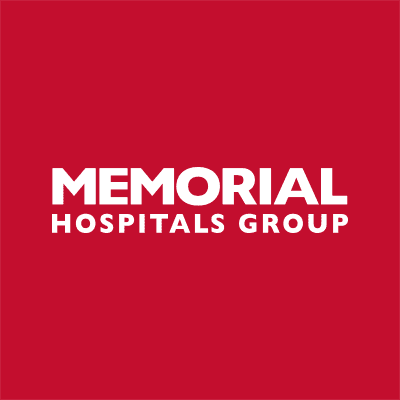
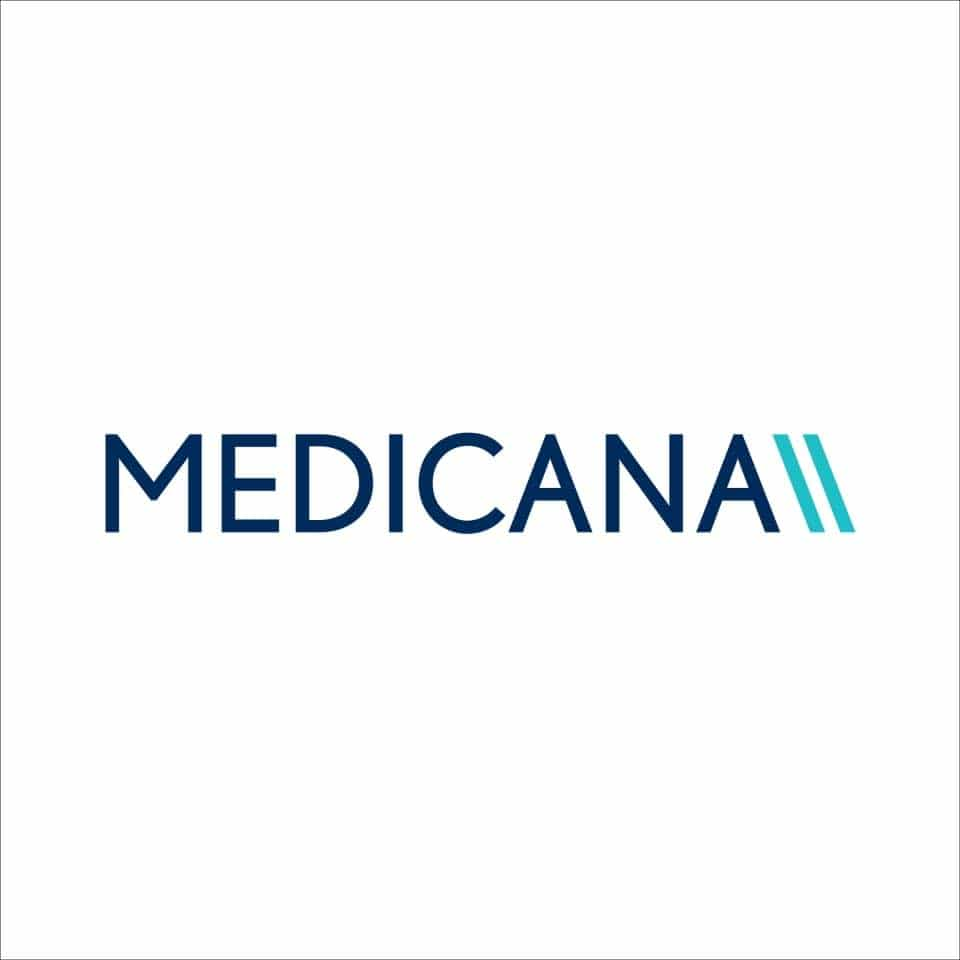



Share this listing